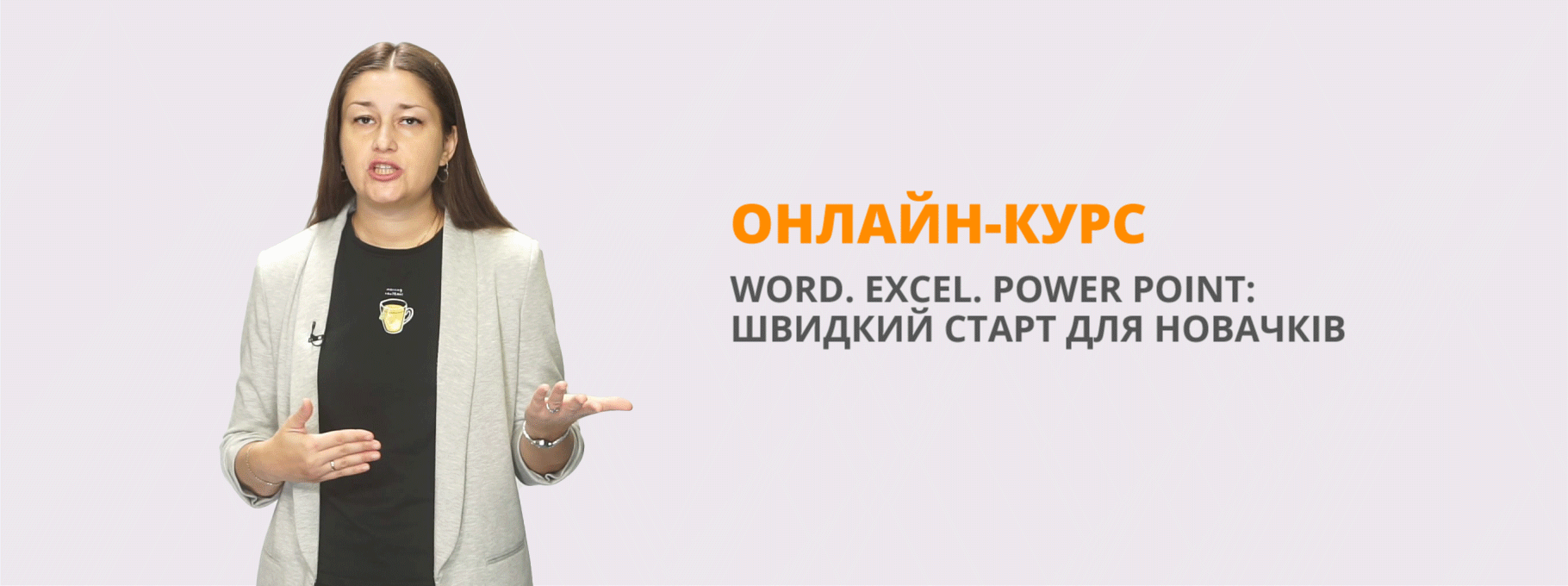Комплексна контрольна робота для екстернату.
READING (THE SECOND TERM)
- Complete the sentences with the words from the box
|
transport, buses, country side, trains, fastest, work, place |
In Britain the most popular form of ________is the car.
People use it to get to _______ , to go to the supermarket or to take children to and from school. But in busy centres where there is no much______ for parking people use public transport such as taxis, buses and ______ . In London the underground is the _________ way of travelling around the city. In the ___ things are different. People travel by car because _________ and trains are not often.
- Use the text of ex. 1. Write if the sentences are true or false. Correct the false sentences.
1) People don 't use cars so often in Britain. ________
Cars are the most popular form of transport in Britain.______
2) There is a little place for leaving cars in the centre of the city. ______
3) People prefer public transport in the centre of the city.
4) Underground is a very fast way of travelling around the country.______
5) You can't see buses and trains in the countryside.
- Circle the best answer for each question of the dialogue.
Kate: Hello, Bill! Did you have a good holiday?
Bill: a) Yes, they were happy. b) Oh, it will be great! c) It wasn't so good .
K: What happened?
B: a) Well, I don't know. b) First, the room in the hotel was uncomfortable.
c) You see, w e had no time.
K: It's not pleasant. Was there any other problems?
B: a) Yes, it will. b) Well, it had to be. c) The weather was bad.
K: So, what did you do?
B: a) We went to the swimming pool. b) We were happy. c) You are so kind!
K: I think you won't go there any more, will you?
B: a) No, I was happy. b) Yes, sure. c) You are quite right.
WRITING (THE SECOND TERM)
- Put the verbs in brackets in the correct tense.
1) Last summer w e ________________ (to go) scuba diving.
2) My friend ________________ (not to make) a decision ye t.
3) When I came home my brother ________ (to speak) on the phone.
4) He ____________ . (to make) a campfire in some minutes.
5) My father always __________(to put) the tent when w e go camping.
6) They ________________ (to leave) the hotel ten minutes ago.
- Write about the animal using the information below.
Tiger — the largest member of the cat family.
Has got: orange, black and white fur and a long tail.
Lives in: forests of Asia, China, India.
Is: up to 2 meters long.
Eats: meat of other animals like deer.
Can: swim w ell, climb the trees.
- Put the words in the correct order to make sentences.
1) travelled /people /by / the / sea /past / ln .
2) the /largest/world /country /in /Canada / the /is /second .
3) like /churches /to / Tourists /Ukraine /visit/in .
4) in /animals /Nowadays /danger/ are /many .
5) protect /pollution / must/People /the / environment/fro m .
- Write three reasons to visit Ukraine.
|
SPEAKING (THE SECOND TERM)
LISTENING (THE SECOND TERM)
Listen to the text twice. Text "Traveling on foot. Hiking" A long walk in the country is very interesting. Such a walk is called a hike. And when you go for a walk in the country, you say that you are going on a hike. Why is hiking such a nice thing for many people, especially for schoolchildren and students? Well, a hike is a walk for pleasure in the open air. You don’t need to think about tickets, timetables and other things like these. Usually a hike is a good time for friends to spend some days or even a daytogether in the forest, on a bank of the river or in the countryside. What you need is a rucksack with all the things you will use on a hike and a group of your best friends or classmates. It has become a very good tradition for the pupils of some schools to go hiking. At the beginning of the school year when the classmates meet again after their summer holidays, they go on a hike. They take some tents, rucksacks and a guitar with them and go somewhere to the forest not far from the town. They have a very good time together: walk in the forest, have sport competitions. In the evening they sit round the camp fire, sing favourite songs and speak about their last summer holidays.
III. Answer the questions.
|


про публікацію авторської розробки
Додати розробку
